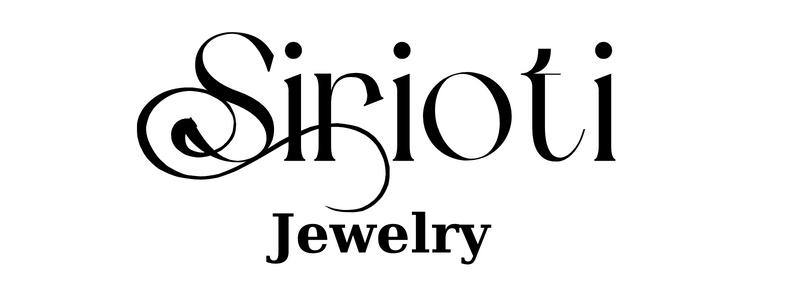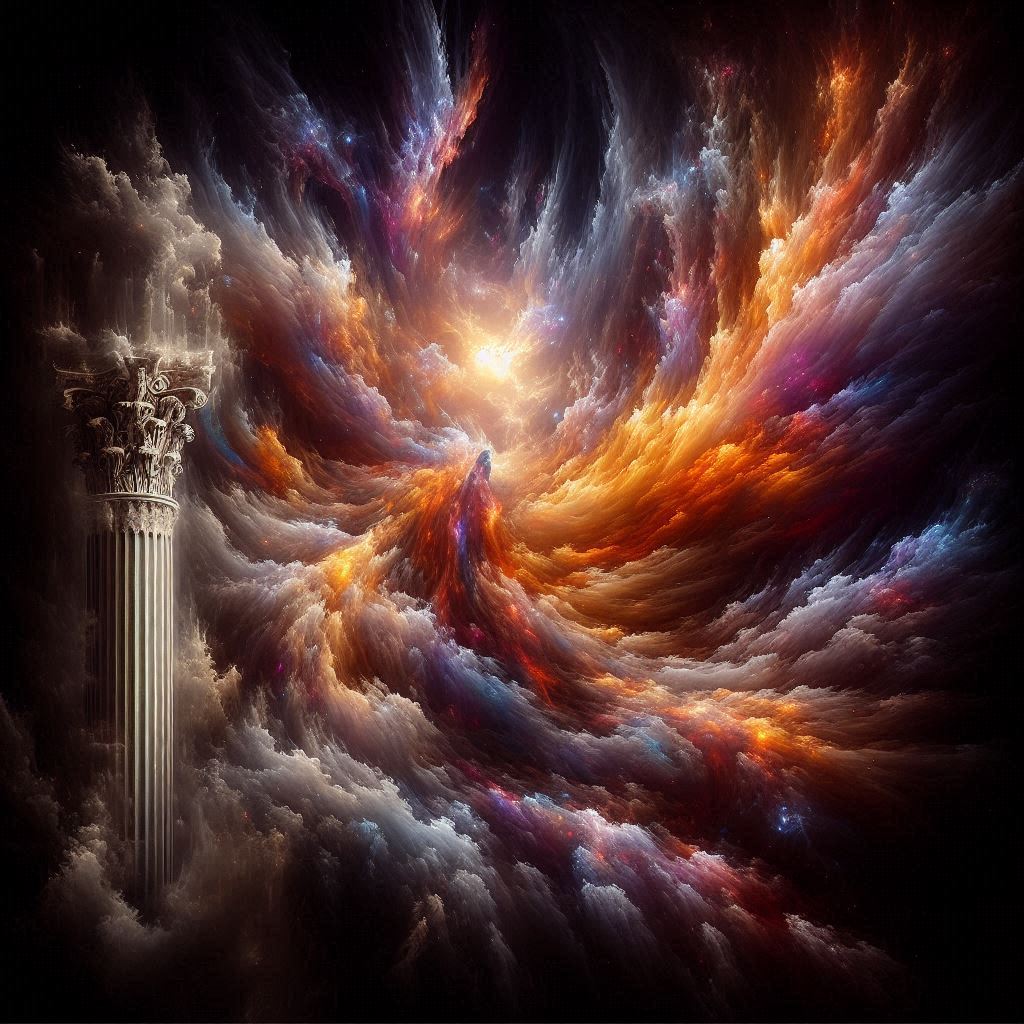In Greek mythology, Chaos is the origin of everything, a vast and formless void from which the cosmos and the first gods emerged. Understanding Chaos offers a glimpse into how the ancient Greeks viewed the universe's creation and the forces that shaped it.
Table of Contents
- Introduction to Chaos
- Chaos in Hesiod's Theogony
- The Role of Chaos in Cosmogony
- Chaos as a Primordial Deity
- The Children of Chaos
- Chaos in Later Interpretations
- Conclusion
Introduction to Chaos
Greek mythology begins with Chaos, a concept that represents the emptiness or nothingness that existed before the creation of the world. Chaos is not merely a deity but also a state of being, symbolizing the universe before order was established.
The ancient Greeks believed that from this formless void, all the gods, creatures, and elements of the world came into existence. Chaos, therefore, is crucial in understanding Greek cosmogony, or the origin story of the universe.
Chaos in Hesiod's Theogony
One of the most well-known sources of Chaos in Greek mythology comes from Hesiod’s Theogony, written around the 8th century BCE. Hesiod’s work provides a genealogy of the gods and details the origin of the cosmos. He states:
"First came Chaos, then Gaia (Earth), Tartarus (the Abyss), and Eros (Love)."
In this passage, Chaos is described as the first entity to exist, preceding the physical world and the gods. Hesiod’s Chaos is a primal force rather than a being, emphasizing its abstract and boundless nature.

Goddess Gaia (Earth)
The Role of Chaos in Cosmogony
In Greek cosmogony, Chaos represents the primordial condition before the universe took form. Chaos is not depicted as evil or destructive, but as a void that allowed creation to happen.
From this void came the first gods, including Gaia (Earth), who provided the foundation for life. In many mythological traditions, order emerges from chaos, and in Greek mythology, Chaos was the womb of the universe, setting the stage for the birth of structure, time, and life.
Chaos as a Primordial Deity
In some interpretations, Chaos is personified as a primordial deity, although this concept is more symbolic than anthropomorphic. Unlike later gods like Zeus or Hera, Chaos is not involved in human affairs or mythological narratives. Instead, Chaos represents the unknowable and infinite potential from which everything arises.
Other primordial entities like Nyx (Night) and Erebus (Darkness) are sometimes seen as companions or offspring of Chaos. These deities embody elemental forces, much like Chaos, representing the ancient Greeks' understanding of the universe’s vast, untamable aspects.
The Children of Chaos
Chaos is credited with producing several primordial deities that played essential roles in shaping the cosmos:
- Erebus (Darkness): Represents the deep darkness that covers the underworld.
- Nyx (Night): The personification of night, Nyx is both powerful and feared by the gods.
- Gaia (Earth): The earth goddess and mother of many gods, Titans, and giants. Gaia gave structure to the world after emerging from Chaos.
- Tartarus (The Abyss): A deep, dark pit beneath the earth, Tartarus became the prison for defeated gods like the Titans.
Chaos in Later Interpretations
As Greek mythology evolved, Chaos’ role became less prominent in narratives, with the Olympian gods taking the forefront. However, later philosophical and literary works continued to explore Chaos as a symbol of disorder and potential.
Ovid's Metamorphoses: The Roman poet Ovid depicted Chaos as a mixture of elements that existed before the world was formed, giving it a more physical and elemental interpretation than earlier Greek myths.
Philosophical Interpretations: For Greek philosophers, Chaos represented more than just a mythological entity; it became a symbol of the unknown forces that govern the universe.

Conclusion
Chaos, in Greek mythology, serves as the beginning of all things, a void from which the universe and the first gods emerged. Its abstract nature, representing both a state of disorder and a potential for creation, highlights the ancient Greeks' complex understanding of existence. Though Chaos played a significant role in the mythological framework, it never became a personality-driven deity. Instead, it remains a powerful metaphor for the unknown forces that shape the universe.
In the broader context of mythology, Chaos reminds us that creation often arises from disorder and uncertainty, offering a deeper philosophical reflection on the nature of existence itself.


